It is hard, sometimes, to pick up the best book out of many great books. And what is harder is the dilemma you face even though the options are nowhere in comparison. Laying in front of me were three great books: Dickens’ Great Expectations (which, by the way, I have been yearning to read for so long); Kire’s A Terrible Matriarchy and Sheldon’s The Stars Shine Down. And you know which I chose because something about matriarchy being terrible didn’t sit right with me.
We encourage you to buy books from a local bookstore. If that is not possible, please use the links on the page and support us. Thank you.
Dielieno is five when she is shipped off to live at her grandmother’s place in order to mould her into a good and docile Naga daughter and wife. Naturally, Dielieno hates her grandmother and the discrimination she shows towards her elder brothers. But as the journey continues and Dielieno grows up, she realizes the true motives of her grandmother’s discrimination and newfound respect blossoms in her.
A Terrible Matriarchy not only talks about Dielieno’s hardships but also the problems that her mother and grandmother faced while growing up. Together, Kire sums up the suppression that the Naga women faced in the male-dominated society during the colonial and post-colonial eras.
Subjugation of Women
A Terrible Matriarchy revolves around the main theme of women’s oppression or patriarchy. But it is the obvious glances of double-standard oppression that catch the reader’s attention. Dielieno is not only suppressed by the patriarchal society but also by her grandmother Vibano’s biased behaviour. This institutionalized patriarchy makes women the victim of their own exploitation. Women’s oppression can also be seen in the form of socio-economic discrimination. The males-only heir system bars the women from inheriting land or money.
This leads to the importance of male children over female children in the Angami society of Nagaland. It is one of the main reasons why grandmother treats Dielieno as the ‘errand-girl’ and cherishes her brothers, especially Leto (who absolutely loved Dielieno) unconditionally. The grandmother had faced a similar situation as a child and she irrevocably does the same to her granddaughter.
The ‘Terrible’ Matriarch
The grandmother plays a pivotal role in pressing A Terrible Matriarchy further. A strong matriarch that is a victim of her own spinning, the grandmother holds a tight leash on all her family members and the nearest clan. The compartmentalization of the gender that she enforces reflects her own childhood and the torments she faced in a male-centric colonial India. As Dielieno comes of age, she understands that her oppression might not have been a direct by-product of the ‘terrible’ matriarch. Vibano’s thoughts on empowering a female child led to her beliefs of not giving them proper education or freedom. For her empowering a female child was to make them learn the chores of the house that would lead to them becoming dutiful wives and mothers. Dielieno who is against these beliefs comes to terms with her grandmother when Vibano, on her deathbed, asks her not to hold any grudges.
Kire’s work brings about conflict and gender in Nagaland with a powerful and engrossing tale. The history and culture of the Angami society that has through years of belief that men are superior to women bring about a soul-touching story of women of three generations that are not only stuck in the vicious circle of patriarchy but also in some way internalize it, making them victims of their own doings. Along with their subjugation, readers also get a taste of the lost identity that the citizens of this exotic state face. The prime example is the mother of Dielieno who plays a passive character in the story- she doesn’t have an identity including no name herself, her story is narrated in fragments and not only is she suppressed by her husband but also Vibhano.
Favourite quote:
“This is more usual with those who die young. They want so desperately to live out their life to the full and when their lives are cut short, they try to find other ways to return.”
If you are someone who stands as a feminist or wants to read about women during the colonial and post-colonial eras, the book is for you.
P.S.: Many people skip the author’s note but it is very important in this book. Please read it.







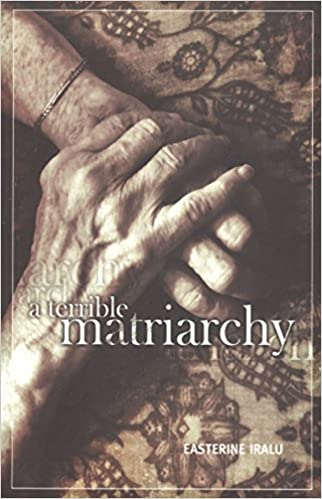


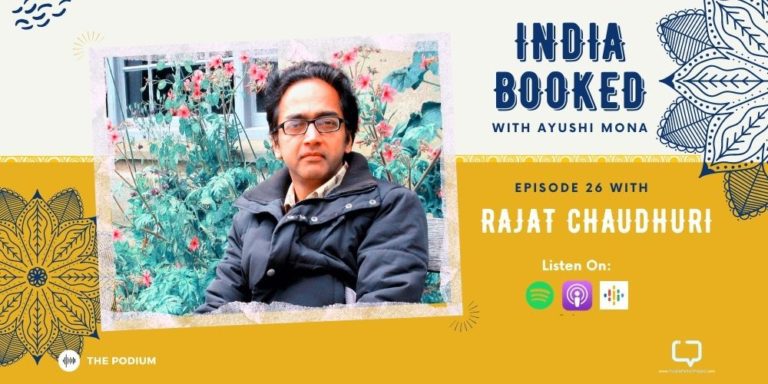


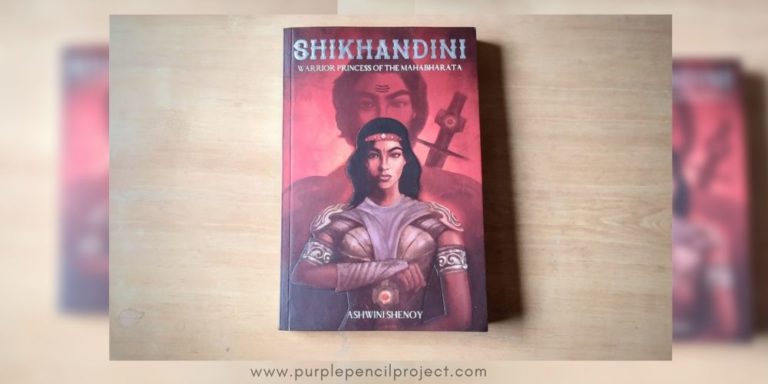
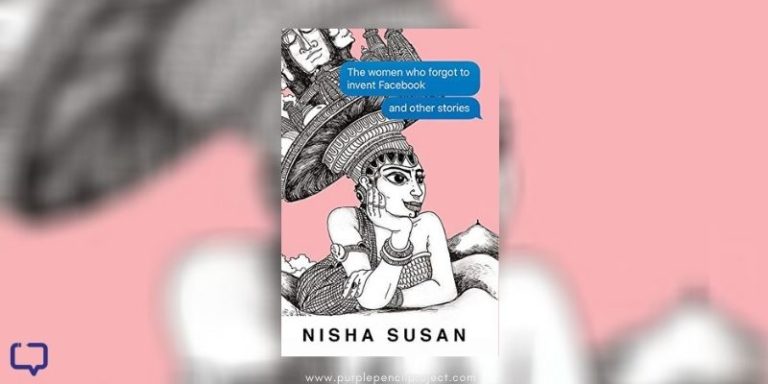
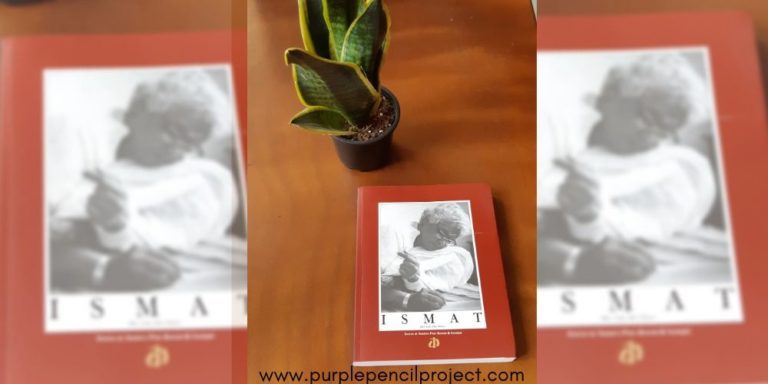




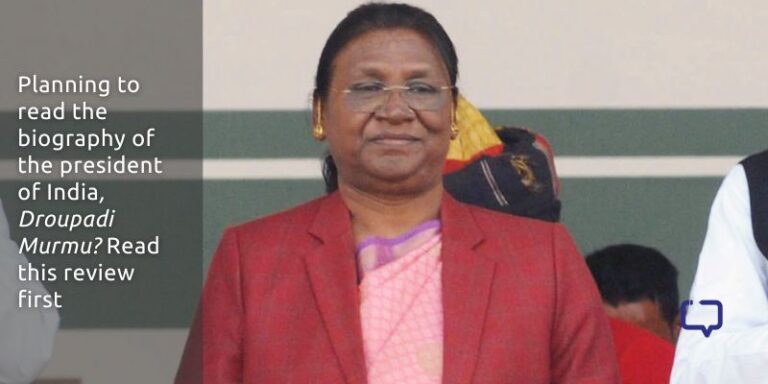


One Response
This is a lovely review and a premise to look forward to definitely. I love Easterine Kire’s writing – simple with lot of folklore and packs a punch. Will surely pick this one soon to know more of Angami community of Nagaland.